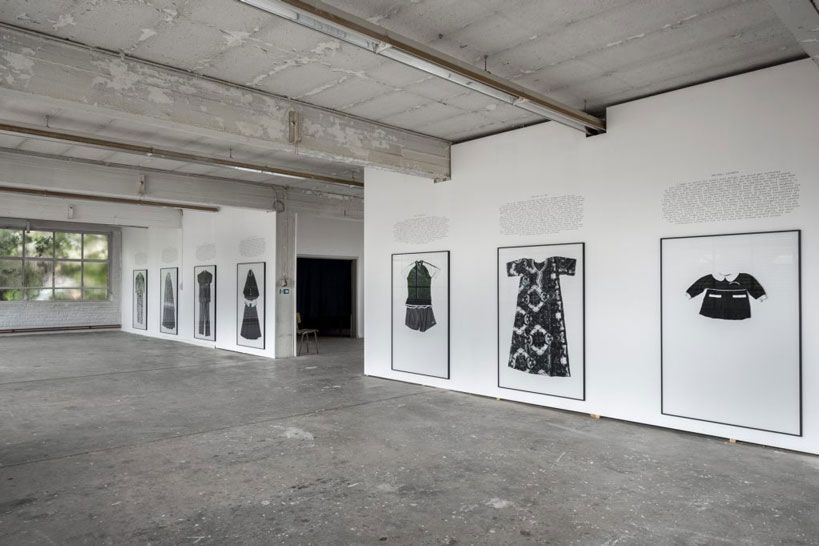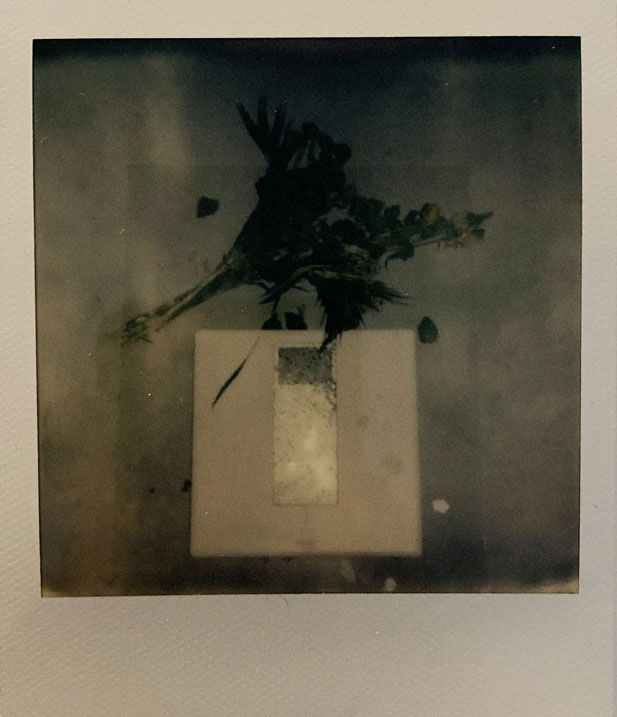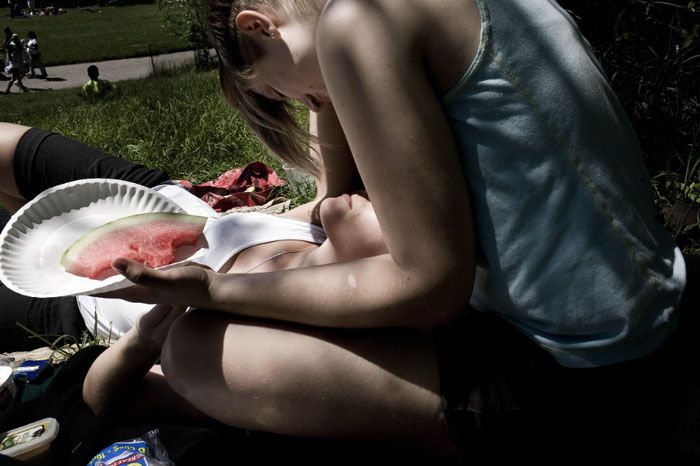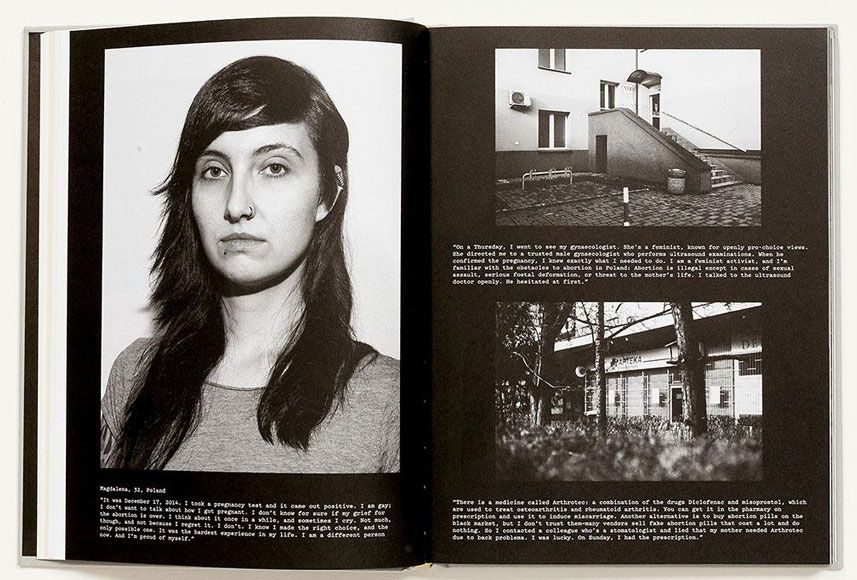Art has the ability to demonstrate a narrative, a symbolic representation of life itself that sheds light on different perspectives relating to foundational issues.
Laia Abril is a multidisciplinary artist from Spain who focuses on visual storytelling through research-based photo documentation to express the essence and the trauma of living a female life in a society imposed by the Western patriarchy.
Born in 1986, Barcelona-based artist Laia Abril documents psychological disorders, misogyny, sexuality, gender and reproductive rights through careful journalism, archival research and photography work.

Abril started off her academic and artistic pursuits by completing a degree in journalism in Barcelona. She later continued her studies at the International Centre of Photography in New York and went on to be a staff photographer and picture editor for Colors Magazine in Italy.
Abril's work is split into three subjects: one being called A History of Misogyny (2019), where the artist has 5 chapters on different topics Chapter Two: On Rape, Chapter One: On Abortion, Genesis Chapter: On Mass Hysteria, Menstruation Myths and Feminicides.
Laia Abril’s projects relate to the United Nations Sustainable Development Goals for Gender Equality and Peace, Justice and Strong Institutions as her exhibition Chapter Two: On Rape raises awareness of the #MeToo movement and the gang-rape of an 18-year-old woman that was dismissed as abuse rather than rape by the Spanish Court in 2018.

Abril has another project divided into three subsections where she explores the subject of eating disorders. Thinspiration (2012), displays the use of photography in pro-anorexia websites, The Epilogue (2014), documents the indirect victims of eating disorders through the story of the Robinson family and the aftermath of the death of Cammy Robinson to bulimia.
The Epilogue is discussed in an article in The Guardian, described as "a sombre and affecting photobook . . . dense and rewarding . . . At times, it makes for a painful read. From time to time, I had to put it down, take a breather. But I kept going back."
Abril's pieces surrounding the subject of eating disorders bring attention to the importance of mental health support as seen in the United Nations Sustainable Development Goal for Good Health and Well-Being.

Abril’s On Sexuality subject explores the concept of femininity through her photography collection Femme Love, where she documents the relationship of a lesbian couple Mox and Jenny. The Lobismuller Project (2016), part of the On Sexuality subject, includes an exhibition and book highlighting gender issues, psychology, landscape, mythology and folklore.

Laia Abril draws attention to the unequal biopolitics involved in the female experience. Her work is emotionally touching and innovative as she uses archival research, photo documentation and other forms of art to her advantage. Laia Abril’s work is currently being presented at the Parisian gallery, Les Fille du Calvaire, so be sure to check it out.
Abril has received several awards for her work including the Tim Hetherington Trust’s Visionary Award in 2018, the Photobook of the Year award in 2018, the Hood Medal in 2019 and the Paul Huf Award in 2020, just to name a few.
To help support the issue of women's rights that Laia Abril’s art addresses, Amnesty International provides a space to donate to aid women's suffrage, sexual and reproductive rights, and more.
